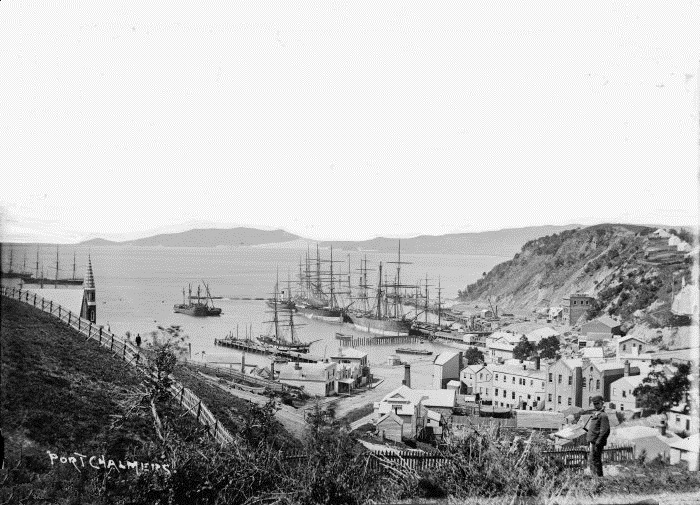The New Zealand Police website, I recently discovered, has a couple of pages dedicated to the memory of police staff who have died in the line of duty – either as a result of a criminal act, or as a direct result of duty. And there are contained in these two pages stories both poignant and strange.
Drowning
Drowning was a common cause of death for coppers, particularly in the early years, including a number who died in various bodies of water over the years “while on police business” – unspecified.
The first New Zealand police officer to die in the line of duty was Senior Constable Henry Porter, who “died while doing night rounds” in Port Chalmers near Dunedin in the winter of 1887. He was checking that a hulk in the port wasn’t being targeted by arsonists again, and due to a lack of site safety, he accidentally fell in and drowned.
Ten years later, Sergeant Florence O’Donovan and Constable Alfred Stephenson drowned while rescuing people during floods in Napier. (It is worth noting that Florence O’Donovan was a man, with a great big bushy beard to avoid any confusion. The first woman to become a sergeant in the NZ Police was Betty Bennett in 1961 – later Inspector Bennett.)
Continue & Comment



